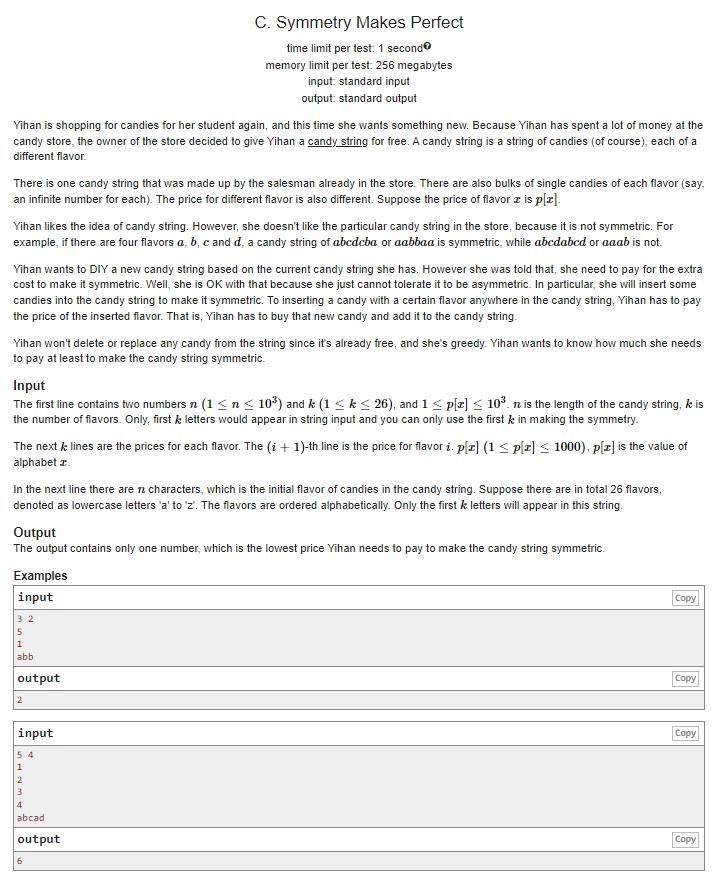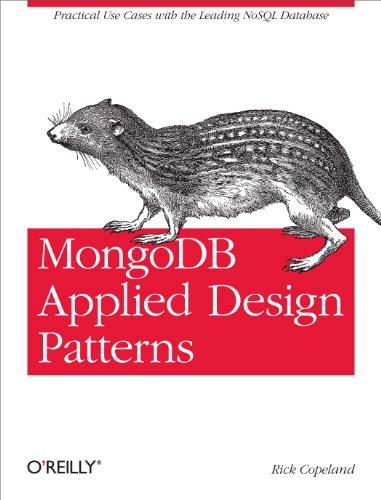
C. Symmetry Makes Perfect time limit per test. 1 second memory limit per test: 256 megabytes input: standard input output: standard output Yihan is shopping for candies for her student again, and this time she wants something new. Because Yihan has spent a lot of money at the candy store, the owner of the store decided to give Yihan a candy string for free. A candy string is a string of candies (of course), each of a different flavor. There is one candy string that was made up by the salesman already in the store. There are also bulks of single candies of each flavor (say, an infinite number for each). The price for different flavor is also different. Suppose the price of flavor x is p[x]. Yihan likes the idea of candy string. However, she doesn't like the particular candy string in the store, because it is not symmetric. For example, if there are four flavors a,b,c and d, a candy string of abcdcba or aabbaa is symmetric, while abcdabcd or aaab is not. Yihan wants to DIY a new candy string based on the current candy string she has. However she was told that, she need to pay for the extra cost to make it symmetric. Well, she is OK with that because she just cannot tolerate it to be asymmetric. In particular, she will insert some candies into the candy string to make it symmetric. To inserting a candy with a certain flavor anywhere in the candy string, Yihan has to pay the price of the inserted flavor. That is, Yihan has to buy that new candy and add it to the candy string. Yihan won't delete or replace any candy from the string since it's already free, and she's greedy. Yihan wants to know how much she needs to pay at least to make the candy string symmetric. Input The first line contains two numbers n(1n103) and k(1k26), and 1p[x]103. n is the length of the candy string, k is the number of flavors. Only, first k letters would appear in string input and you can only use the first k in making the symmetry. The next k lines are the prices for each flavor. The (i+1)-th line is the price for flavor ip[x](1p[x]1000), p[x] is the value of alphabet x. In the next line there are n characters, which is the initial flavor of candies in the candy string. Suppose there are in total 26 flavors, denoted as lowercase letters ' a ' to ' z '. The flavors are ordered alphabetically. Only the first k letters will appear in this string. Output The output contains only one number, which is the lowest price Yihan needs to pay to make the candy string symmetric







